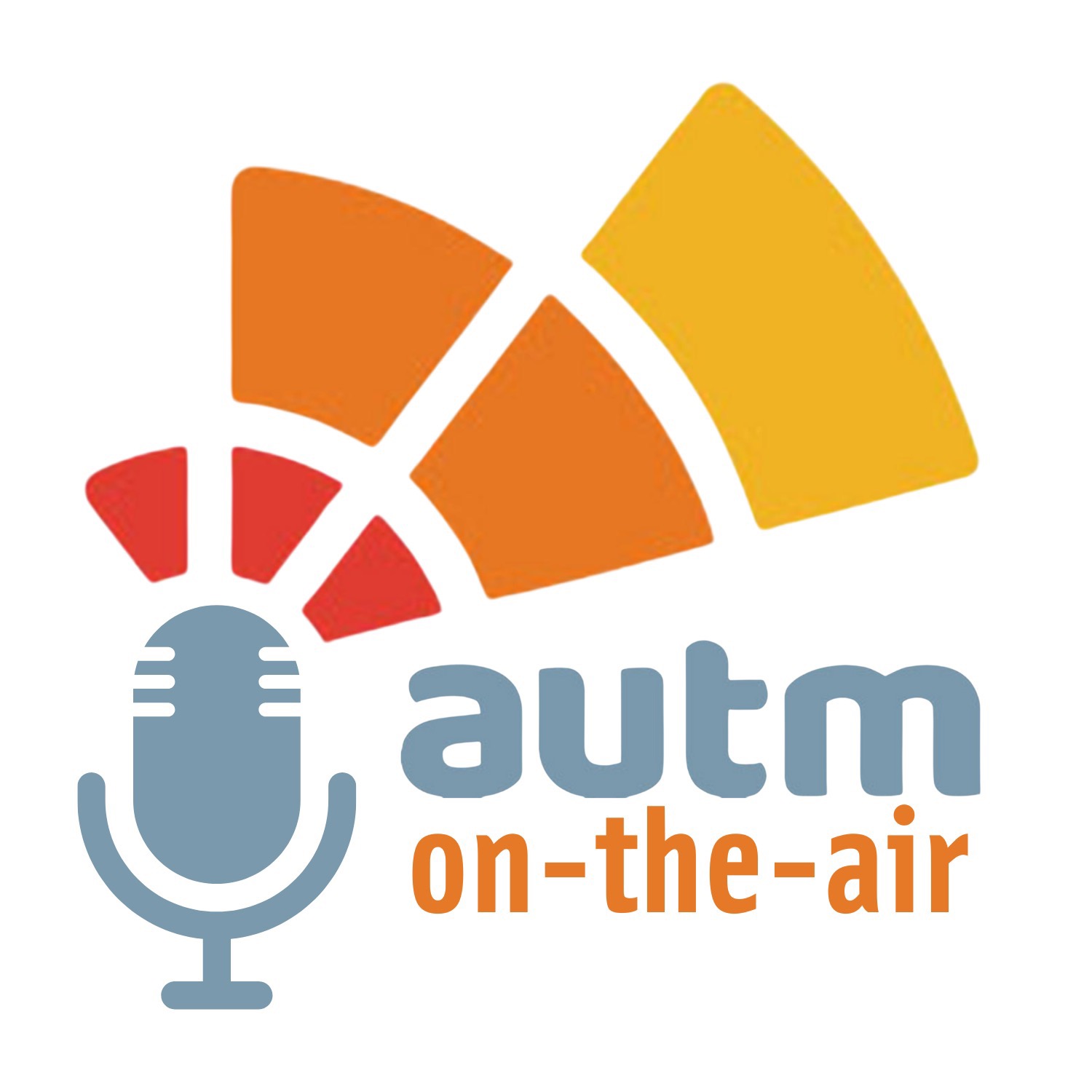Bridging The Gap Between Academic Research And Community Impact With Dr. Kendra Stenzel
Description
In a world where groundbreaking discoveries often struggle to leave the laboratory, we explore how to transform scientific insights into real-world solutions. We’re focusing on bridging the gap between academic research and community impact.
My guest today is Dr. Kendra Stenzel, the Director of Innovation Talent at the University of Kentucky's Office of Technology Commercialization. With her unique blend of scientific expertise and business acumen, Dr. Stenzel is at the forefront of training the next generation of entrepreneurs and commercialization professionals.
Armed with a Ph.D. in Pharmacology and an MBA with a focus on entrepreneurship, she serves as a vital bridge between researchers and the Tech Transfer office. Her mission? To help researchers reimagine their work through a commercialization lens, encouraging them to "fail fast and pivot" – a mantra that's reshaping how academic innovations reach the market.
She's also a facilitator, helping innovators develop business models, secure funding, and navigate the complex path from lab to market. Her experience with the Kentucky Network for Innovation and Commercialization (KYNETIC) has given her invaluable insights into nurturing early-stage innovations.
Today, we explore Dr. Stenzel's perspectives on how researchers can frame their outcomes to maximize community impact, the challenges of commercializing academic research, and her vision for the future of innovation in academia. Let's dive into this conversation about turning scientific breakthroughs into tangible benefits for society.
In This Episode:
[01:58 ] One of the main challenges with translating academic research into community impact is education.
[02:37 ] Common misconceptions and challenges include some innovators not understanding that their innovations aren't market ready or community ready and getting innovators to understand the word commercialization.
[04:20 ] The goal is beyond making money, it's having an impact on the community. Getting innovators to accept this reality has a lot to do with being intentional with the relationship.
[06:00 ] Balancing the academic focus on research and the need for commercialization includes relating with the researcher and investing in the relationship. Meeting the researchers in the lab and having the conversation about the science and defining the research and outlining the path forward.
[07:10 ] Barriers that prevent research from making it out of the university include lack of time, having all of the necessary qualifications, and having the knowledge and support.
[09:35 ] From the start they focus on things like the regulatory pathway, prototyping, and the facilities they have to use. Launch Blue has an innovation training program and programs that keep innovators engaged.
[10:46 ] Kendra talks about crucial elements of a successful education program for researchers.
[12:09 ] thinking outside the box and communicating that everyone can be an innovator.
[12:53 ] Money to put towards proof-of-concept development is crucial. The education and framework brought to the innovator is also very important.
[14:56 ] Collaboration and cultivating partnerships that align with university goals and needs of the broader community.
[16:44 ] Measuring the long term impacts of intellectual property assets. Defining success goes back to understanding stakeholders. They do have quantitative metrics to protect intellectual property assets. Kendra likes to look at the qualitative metrics and the innovator and the team.
[19:16 ] The MBA that Kendra is getting has really taught her to think in terms of strategy.
[20:43 ] Advice includes meeting innovators where they are and keeping relationships first.
Resources:
Kendra Stenzel Director, Innovation Talent Development UK
Kendra Stenzel University of Kentucky





